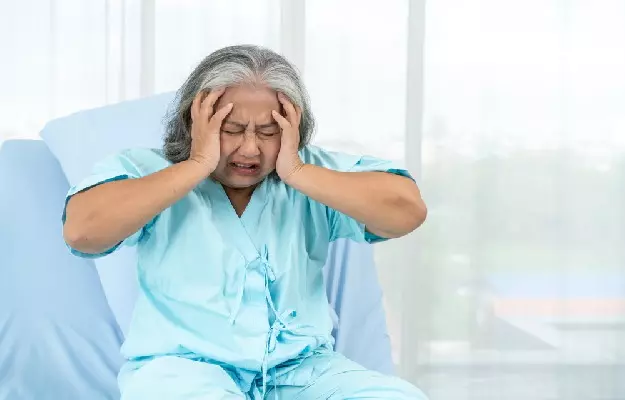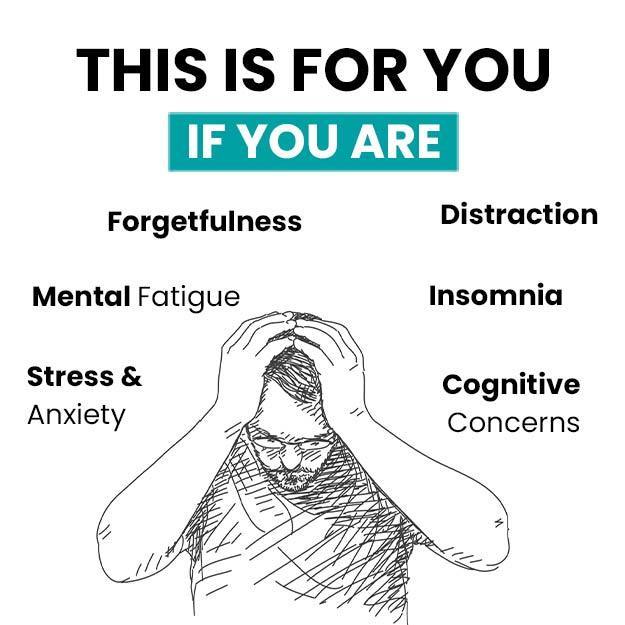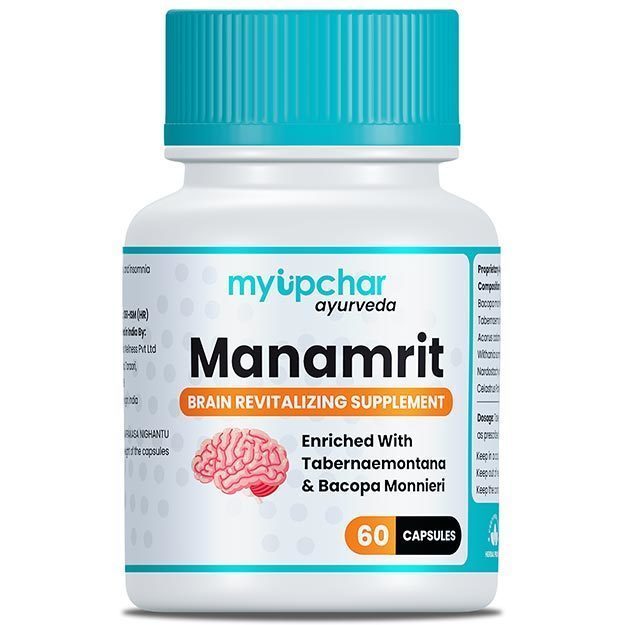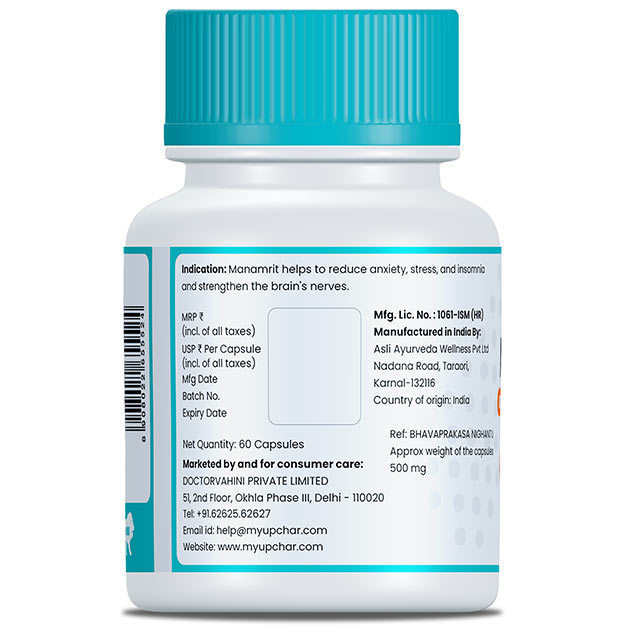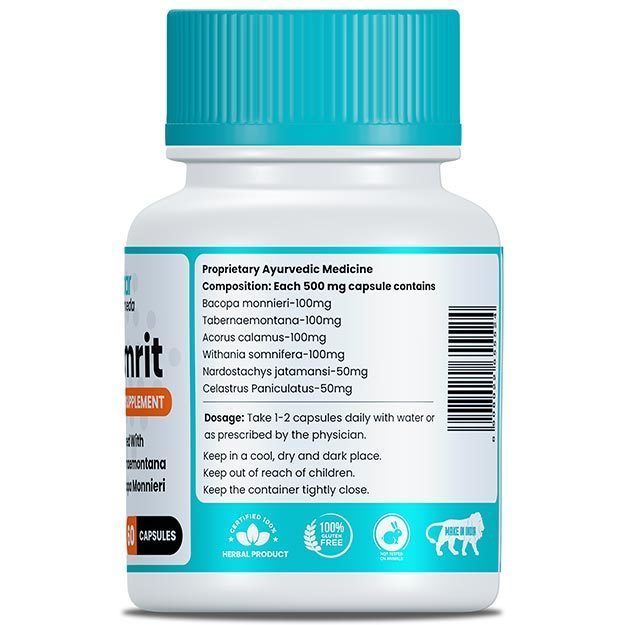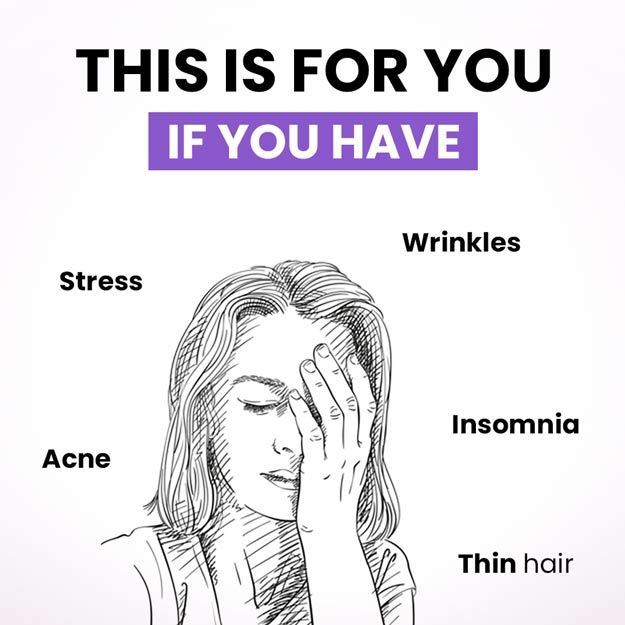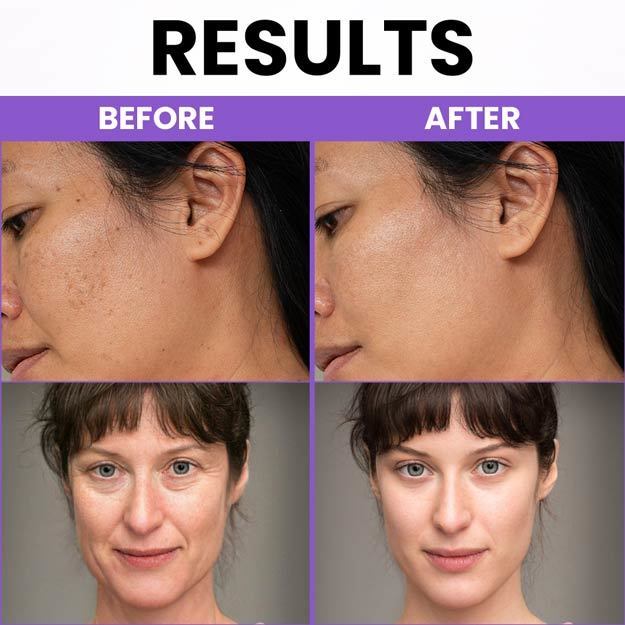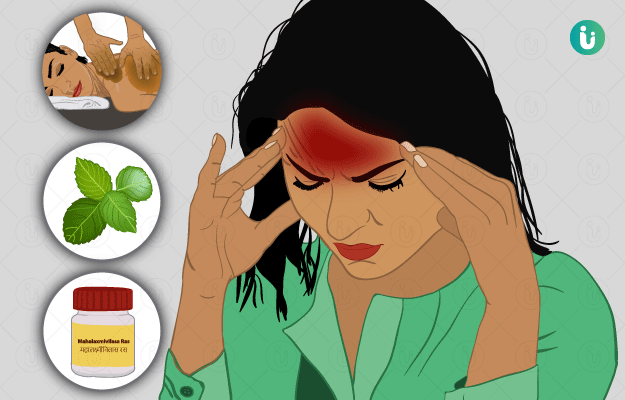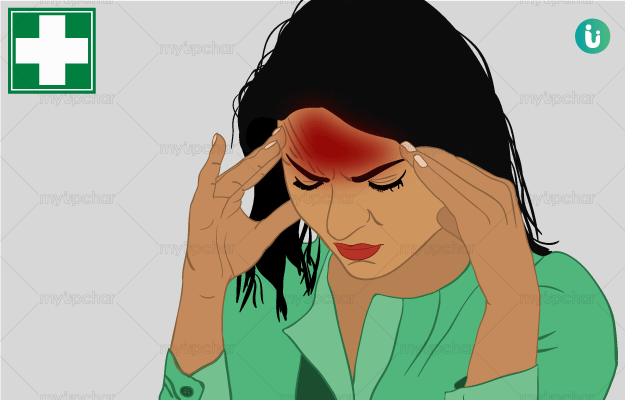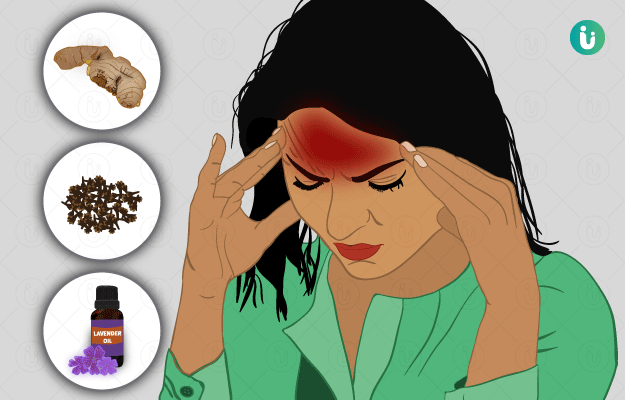Previously, the term "vascular headache" was used to describe all headaches related to changes in blood vessels, including dilation and inflammation. Now there are different classifications for these headaches.
Migraine and cluster headache are considered primary headaches. In primary headaches there is no underlying condition that causes the headache. Headaches caused by illness or another condition are known as secondary headaches. Some secondary headaches caused by fever may also be classified as first vascular headaches.
1.Migraine Pain
Migraine is a common type of headache, which occurs more often in women than in men. Migraines often begin in adolescence and young adulthood. There is no specific cause of migraine, but it can be caused by problems with your blood vessels and nerves.
Read more - (First aid for headache: what to do )
Migraine can be triggered by the following factors:
- Tension
- Food ingredient
- Hormones
- Poor sleep
- Medicines
- Alcohol or Caffeine Consumption
- Other triggers can also cause migraine.
2.Cluster Headaches
Cluster headaches are more severe than migraines but occur less frequently. These headaches are known as "cluster" headaches because they occur in groups, usually once or more a day, over long periods of time. Cluster headache is thought to be caused by dilation of blood vessels. Possible causes of these headaches include:
- Nerve trouble
- Circadian rhythm disturbance
- Histamine release
- Activation of the autonomic nervous system
Cluster headaches most commonly occur in men between the ages of 20 and 40. Cluster headaches can often be caused by the following symptoms:
- Liquor
- Histamine
- Tobacco
- Illness
- Fever from Influenza, Pneumonia, Tonsillitis, and other conditions
Read more - (Does High Blood Pressure Cause Headache)

